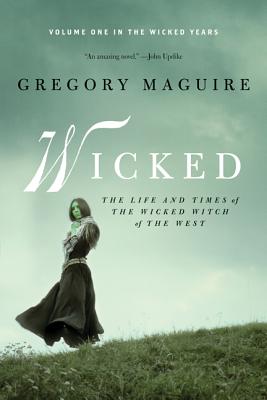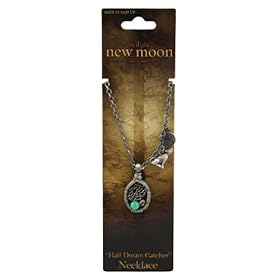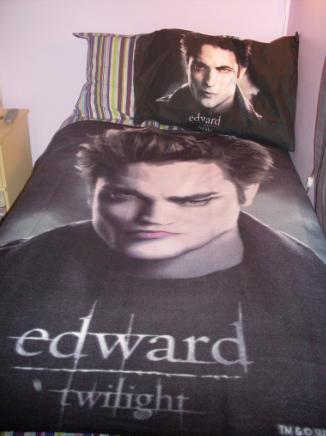I'm incredibly impressed with the collection of speakers the CPC has put together. Since my last post, we've covered all sorts of topics, under the guidance of a bunch of bigwigs in the publishing world. We learned about the business aspect of the industry from the CFO of
Bloomsbury, and about bookstore sales from the chief Barnes and Noble fiction buyer. We covered marketing and publicity, and met editors from a variety of large and small publishers. There were presentations on book jackets, graphic novels, textbooks, and university presses.
Honestly, everything has been interesting. It's cool to learn about different segments of the industry that see the same book at various stages in the publishing process. For example, one presentation was from the marketing folks at Penguin, who hyped up a certain book that's coming out soon (before the program, we all read it and wrote our own marketing plans). Later on, we heard from the head fiction buyer at B&N, who told us how the store is going to position the book, and how much she thinks they'll sell. Great stuff.
Also, I ATE LUNCH WITH J.K. ROWLING'S EDITOR. And met Stephenie Meyer's. Awesome awesome awesome.
Some highlights...
Children's books with Megan Tingley, head of Little, Brown Young Readers division - Ah, the wonderful world of children's books. Megan oversees several imprints that produce everything from picture books to YA novels. She spoke about discovering new writers and illustrators, and what it felt like to take chances on things that could have been "the next big thing" or could have crashed and burned. Her outcomes were typically of the first variety, especially for a little book about vampires called
Twilight. She showed us some of the rejected book jackets for the first book, talked about its place in YA literature, discussed some of the more controversial plot points, and shared a few stories about working with Stephenie Meyer. So interesting! Think what you will about the series, but nobody can doubt that it's a phenomenon.
The school secretary in the
Arthur book series is named after Megan. I officially have a new life goal.
Lunch with Arthur A. Levine, publisher of an imprint at Scholastic,
American editor of Harry Potter - While most of the program involves lectures, discussion sections, and Q&As, this part was special. Arthur invited a group of CPCers who were especially interested in children's publishing to come to lunch at Scholastic. It was great to actually go to an office, and speak informally with a very cool editor. He entertained our uberfan Harry Potter questions, but also taught us a good deal about recognizing quality children's books, working with editors in other countries, and getting into the industry. Both he and his editorial assistant are CPC grads, which was encouraging.
In thinking back upon these last two, it's interesting to note the topics of conversation. Megan was asked a lot of questions about working with Stephenie Meyer, because we're all familiar with the issues surrounding her, her background, the book, and the odd way she sometimes comes across in interviews. When we met Arthur, we asked a lot more about the process of putting together HP in the US. We all trust JK Rowling, and (plot- and editingwise) only question what we, as fans, feel truly deserves to be discussed.
Book covers with Chip Kidd, author of The Learners, art director at Knopf/Random House - What a hilarious guy. As an art director and also a freelancer, Chip Kidd is responsible for a slew of awesome book covers. He took us through some of his successes, and also a whole bunch of covers that editors and authors flat-out rejected. His work includes the jackets for
Jurassic Park and
Schulz and Peanuts.
More covers.Manuscript reviews with Bob Weil, Norton- Though this section didn't have quite the star power of those listed above, it was interesting nonetheless. Before the program, we were each mailed a manuscript and asked to write a reader report on it. We didn't know if it had been accepted or rejected by a publisher (it turns out they're all being published). This week, we got to meet with the editor of the piece, and discuss why he/she chose it, how it would be marketed, etc. My group's guide was Bob Weil, editor at
W. W. Norton, which publishes nonfiction and very literary fiction. It was definitely helpful to see what changes he thought still needed to be made, and why Norton accepted it.
Global marketing strategy with Caroline Pittis, HarperCollins - I was so impressed with this presentation. Caroline went from the basics of marketing to the specific ways HC is tracking its online presence, from author websites to Twitter, from how to make money by offering things for free to the future of ebooks. Very, very informative and well planned out.





















